
Delegates performed the launching ceremony in response to the movement "Popular AI learning".
Thai Nguyen considers digital infrastructure a key factor to promote the application of information technology in the fields of management, production, business, as well as in daily life, so it pays great attention to development and improvement.
The province is currently expanding coverage and improving the quality of the 5G network. Industrial parks, universities and hospitals in the area have completed the deployment of 5G infrastructure. At the same time, Thai Nguyen also prioritizes investment in telecommunications infrastructure for remote areas, to ensure mobile coverage (3G/4G/5G) for 15 villages and hamlets that do not have it and provide fiber optic infrastructure for 15 other villages and hamlets.
The fiber optic network has now been deployed to 99.3% of villages and hamlets, helping nearly 95% of the population access fixed broadband internet via fiber optic cable. Thai Nguyen currently has 357,000 fixed broadband internet subscribers, of which 339,000 are home fiber optic subscribers, equivalent to about 80 subscribers per 100 households. The dedicated data transmission network system has been seamlessly connected to 100% of departments, branches, sectors, communes and wards.
The province has also reviewed and prioritized funding to equip technical infrastructure and minimum equipment for communes in need. Communes and wards have basically completed the equipment and network infrastructure at public administrative centers, and upgraded the transmission bandwidth for commune-level centers.
Regarding building digital government and public services, Thai Nguyen is implementing level 4 online public services, initially creating a solid foundation for digital government.
The administrative procedure information system has been upgraded and integrated with the National Public Service Portal. This system is currently operating stably and Thai Nguyen has published 100% of administrative procedures on the National Public Service Portal. Along with that, the province has strengthened guidance for people to use online public services in 100% of communes and wards.
In addition, Thai Nguyen also promotes investment in science , technology and innovation. After the merger, the province has allocated more than 233 billion VND to these areas, striving to spend more than 1% of GRDP on research and development by 2025, with over 60% of the funding coming from social sources.
Thai Nguyen has cooperated in scientific research and transferred technical advances with Thai Nguyen University, aiming to raise awareness and knowledge about innovative startups.
Major technology cooperation projects, including Data Center, Semiconductor/AI R&D, are being implemented with strategic partners from Korea, Japan, the US and the EU.
Incentive policies to attract talent and businesses
To facilitate economic sectors to participate in digital transformation, Thai Nguyen has issued temporary preferential policies for technology enterprises and infrastructure investment. These incentives include tax exemptions, land leases, and administrative procedure support. At the same time, the province has also built a mechanism to attract and reward talent.
By the end of the third quarter of 2025, out of a total of 80 tasks assigned by the Central Government to implement Resolution 57, Thai Nguyen has completed 42 tasks and is currently implementing 38 tasks on schedule, achieving many positive results in many fields. Despite initial successes, Thai Nguyen is still making efforts to solve existing problems, such as the lack of digital infrastructure in some communes in highland and mountainous areas, as well as the low rate of records generated through online public services. However, these drastic measures have contributed to promoting socio-economic development, improving the material and spiritual life of the people.
Source: https://doanhnghiepvn.vn/chuyen-doi-so/thai-nguyen-tang-cuong-ung-dung-mo-hinh-tien-bo-ky-thuat-moi/20251018102101550



![[Photo] National Assembly Chairman Tran Thanh Man attends the VinFuture 2025 Award Ceremony](/_next/image?url=https%3A%2F%2Fvphoto.vietnam.vn%2Fthumb%2F1200x675%2Fvietnam%2Fresource%2FIMAGE%2F2025%2F12%2F05%2F1764951162416_2628509768338816493-6995-jpg.webp&w=3840&q=75)
![[Photo] 60th Anniversary of the Founding of the Vietnam Association of Photographic Artists](/_next/image?url=https%3A%2F%2Fvphoto.vietnam.vn%2Fthumb%2F1200x675%2Fvietnam%2Fresource%2FIMAGE%2F2025%2F12%2F05%2F1764935864512_a1-bnd-0841-9740-jpg.webp&w=3840&q=75)



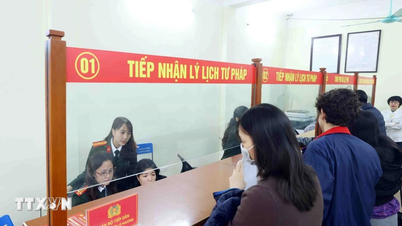



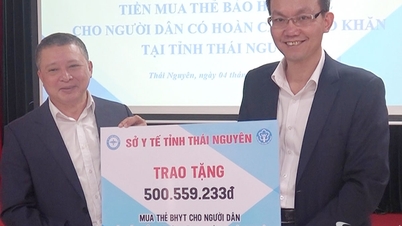

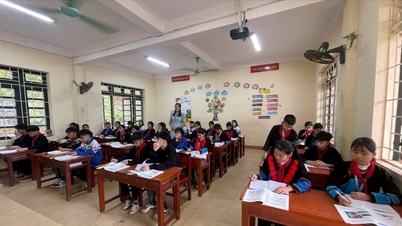


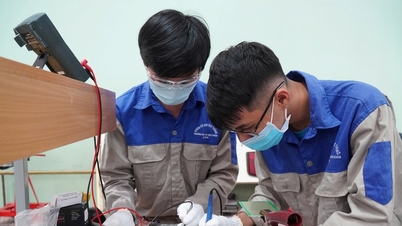














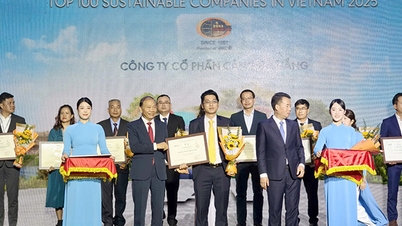
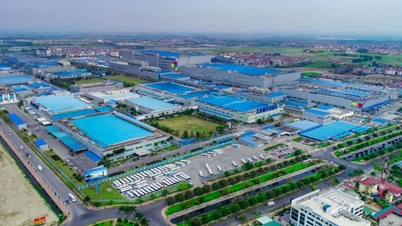

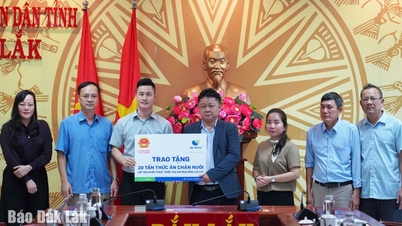









































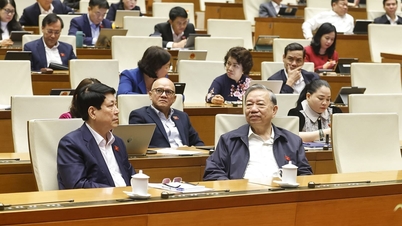













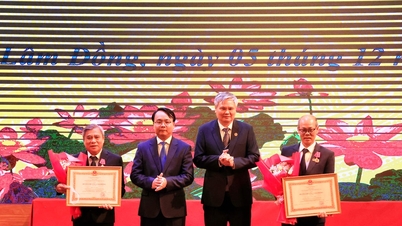
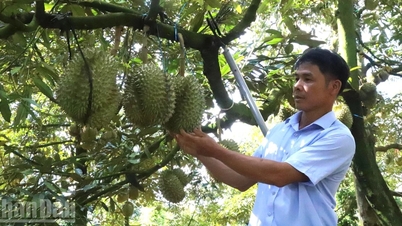
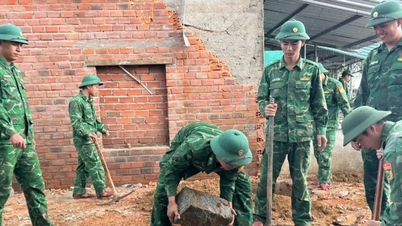

















Comment (0)